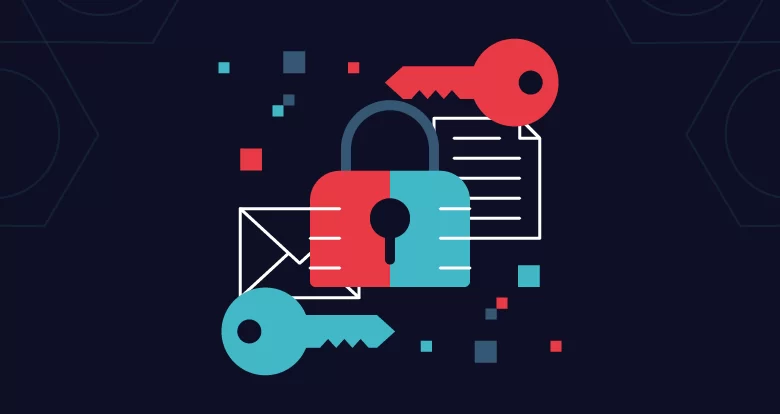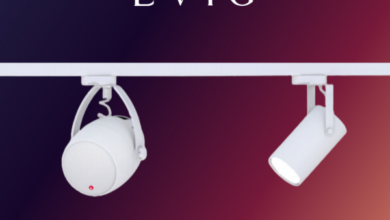How To Select The Right Encryption For Your Organization?

Data security is at the top of the priority list for any company. But how can you know which encryption is best for your company’s needs?
How To Select The Right Encryption For Your Organization?
Using data encryption might be seen as a binary decision in a boardroom: either the frozen assets are protected, or they’re not, and then it’s panic time. (The Best Encryption for Your Business)
Security specialists, on the other hand, have to deal with a lot of complexities when it comes to protecting sensitive information. There are four layers of technology where data encryption is most often used: hardware, software, virtualization, and cloud.
- Media or full-disk
- The file system
- The database
- Implementation
To make things simpler and less intrusive, stack encryption should be utilized as little as possible. There are, however, only a limited number and variety of dangers that various data encryption approaches can address. By introducing encryption further up in the stack, organizations may frequently achieve better levels of security and neutralize more threats.
Suitable Encryption For Your Organization – Disk Encryption
Full-disk encryption (FDE) and self-encrypting drives (SED) encrypt and decrypt data on and read from the disc, respectively.
Yes, I’d want to see a detailed comparison of disc vs. file encryption. Click here
Advantages of FDE/SED:
- Transparent encryption is the most basic method of adding encryption.
- Hardware-based encryption that is fast and secure.
FDE/SED Limitations:
- Just guards against losing storage media, which is only one of several risks.
- There are no procedures to defend against APTs, malicious insiders, or external attackers.
- Compliance with the most fundamental requirements
- Audit records cannot be accessed at a granular level using this solution.
Important takeaways:
- The functional equivalent of FDE may be found in popular cloud providers, given the limitations outlined in this article.
- To protect computers against theft or loss, FDE is a good choice. On the other hand, FDE is ill-suited to the most common dangers found in data centers and cloud computing environments.
File Encryption
Data encryption at the file or volume level is provided by software agents included in the operating system (often for databases). What Encryption Should Your Business Use?
Agents monitor disc read and write operations and decide whether the data should be encrypted or not based on the criteria. Detailed logging and substantial policy-based access limitations are standard features of mature file-system encryption solutions.

Benefits of File-Level Encryption:
As a result, businesses no longer need to change their applications or the procedures accompanying them.
- Allows for both structured and unstructured data to be stored.
- Ensures that privileged users are not exploited, and that standard compliance requirements are met.
- Choosing a solution that supports various Windows, Linux, and Unix platforms is crucial since encryption agents are operating system-specific.
Important takeaways:
File encryption is the ideal solution for many businesses and purposes. It has a wide range of protections and is easy to set up and maintain.
Proper Encryption For Your Organization – Database Encryption
This technique enables database security teams to encrypt individual records or the whole database file to prevent unauthorized access. Various database manufacturers use transparent data encryption (TDE). The appropriate encryption for your company
This includes column-level encryption as well. As an alternative to encrypting the whole database, this database encryption technology lets users encrypt just the content they want to keep private.
Advantages:
- Databases, which are virtual repositories, safeguard the data they contain.
- In some instances, a rogue database administrator or other potentially harmful insiders may even be thwarted by well-established protections.
- This method provides transparent encryption of sensitive database data for each column.
Limitations:
- You cannot use the services of one database vendor in another database if you’re utilizing The Database Engine (TDE).
- Vendor databases and other environment portions are not consolidated in TDE’s management system.
- Database columns or tables are encrypted, while system logs and reports are left unencrypted.




